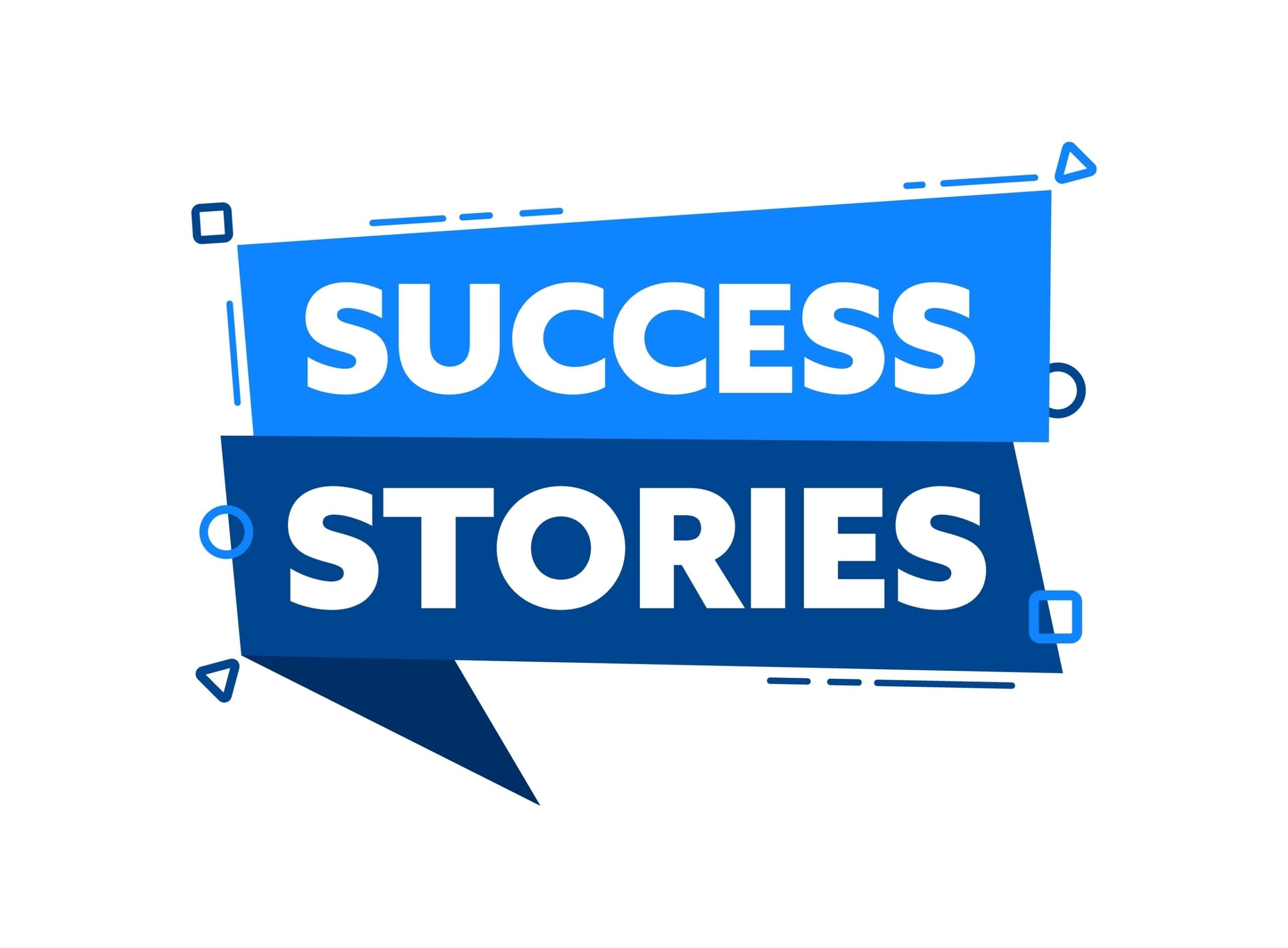Organize Your Finances: Let’s Declutter Those Financial Closets! Find Out More In Our Latest Article!
THIS ARTICLE MAY CONTAIN AFFILIATE LINKS, MEANING I GET A COMMISSION IF YOU DECIDE TO MAKE A PURCHASE THROUGH MY LINKS AT NO COST TO YOU. PLEASE READ MY AFFILIATE DISCLOSURE FOR MORE INFO.
Don’t Have Time To Read The Full Article. Here’s What You Are Missing.
Years ago, I had the opportunity to regularly volunteer at non-profits to speak about consumer credit reports and the first steps to making positive changes.
Making positive changes, understanding credit reports, and repairing credit were among the most frequently asked questions.
The answer to all three begins with organizing your finances. Although this can seem daunting to many consumers, it doesn’t have to be.
You can find out how others successfully decluttered their financial closets, took control of their money, and achieved more of their financial goals.
In this article, I will explain the simple steps many have taken, read their success stories, and what you should know to create a budget, track expenses, and why doing so helps optimize your money flow.
Let’s Keep This Simple
Creating a budget is the first step toward organizing your finances. Use your budget to help you reach your financial goals. That’s what your budget will help you accomplish. It allows you to see where your money is going and identify areas where you can cut back.
Setting financial goals and establishing a budget allows you to make informed decisions about your spending and saving habits.
Tracking your expenses is another crucial aspect of organizing your finances. It helps you identify areas where you may be overspending and allows you to make adjustments accordingly.
Creating and using a budget is more accessible by using some of the best available services, products, and resources. With these tools and assets, you can streamline your financial tracking and make it a seamless part of your daily routine.
Mastering Money Management

Creating Your Budget Blueprint
Creating a budget is the foundation of mastering your finances. Start building your foundation by listing your income sources and monthly expenses.
Then, categorize your expenses into fixed and variable categories.
Fixed expenses, like e-payments, remain the same each month. Meanwhile, variable expenses, like groceries or entertainment, can vary monthly.
Next, set financial goals for yourself. These goals could be short-term, like paying off a credit card balance, or long-term, like saving for a down payment on a house.
Once you have your goals, allocate your income towards those goals and your monthly expenses. Use a budgeting tool or app to help you track your spending and stay on track.
Tracking Every Penny
It’s not necessary to track every penny, but it is required if you want to declutter your finances. Recording all your small purchases, such as coffee, fast food, and more, can make a difference.
You can use a simple spreadsheet or a budgeting app to track your spending. This will help you identify areas where you can cut back and save money.
Individuals that successfully organized their finances. Used a simple exercise of reviewing their spending for 90 days to see where adjustments could be made. For example, if you notice you’re spending a lot on dining out, try cooking at home more often. Or, if you’re spending a lot on subscription services, consider canceling some of them.
Adjusting Habits for Optimal Cash Flow
Adjusting your habits can help you optimize your cash flow and save money. Start by examining your fixed expenses and identifying opportunities to reduce them.
For example, you could shop around for a better deal on your car insurance or negotiate a lower interest rate on your credit card.
Next, examine your variable expenses and see where you cut back. Small changes, like bringing your lunch to work instead of eating out, can add up over time.
Finally, consider increasing your income by starting a side hustle or asking for a raise at work.
Success Stories: Transformations to Inspire

The Debt-Free Triumph
I was drowning in debt and felt I could never get my head above water. But with the help of some budgeting tools and determination, I was able to pay off all of my debt in just two years.
One of the most helpful tools I used was the debt meltdown method, in which I paid off my smallest debts first, tackled interest and principal payments, and then used that momentum to tackle my larger debts.
I also made sure to track my expenses and cut back on unnecessary spending. It was tough, but the feeling of being debt-free was worth it.
Savings Milestones Achieved
I used to struggle with saving money. At the end of the month, I always needed to save more.
But after creating a budget and tracking my expenses, I was able to identify areas where I could cut back and save more.
I also set up automatic monthly transfers to my savings account, so I didn’t have to think about it.
Within a year, I had saved enough for a down payment on a house. It was a massive milestone and showed me the power of being intentional with my money.
Credit Score Revival
My credit score used to be low. I had missed payments and a lot of outstanding debt.
But after taking steps to improve my credit, my score started to climb.
I paid all of my bills on time and worked on paying down my debt. I also checked my credit report regularly to ensure no errors or fraudulent activity.
Within a year, my credit score had improved by over 100 points. It was a huge relief and made me feel more confident about my financial future.
Frequently Asked Questions
What are the first steps to creating an adequate budget?
Determining your income and expenses is the first step to creating an adequate budget.
This involves tracking your income and expenses for a set period, usually a month.
Once you understand your income and expenses clearly, you can create a budget reflecting your financial goals and priorities.
How can I track my expenses in an efficient and sustainable way?
There are many ways to track your expenses, from a simple spreadsheet to a budgeting app.
Finding a method that works for you and can stick to over the long term is the key.
Some efficient and sustainable expense tracking tips include setting reminders to update your budget regularly, categorizing your expenses, and automating your bill payments.
What strategies can help optimize cash flow for better financial management?
Optimizing your cash flow involves increasing your income and reducing your expenses.
Some strategies for optimizing cash flow include negotiating better rates on your bills, reducing unnecessary expenses, and finding ways to earn extra income through side hustles or investments.
Can you share the success stories of individuals who have successfully decluttered their financial lives?
Yes, there are many success stories of individuals who have successfully decluttered their financial lives.
Some have used budgeting apps to track their expenses and create a budget that works for them, while others have paid off debt to reduce their debt and improve their credit score.
Whatever the approach, staying committed to your financial goals and remaining disciplined in your spending habits is the key.
What tools and resources are available for tackling debt and improving savings?
Many tools and resources are available for tackling debt and improving savings, from budgeting apps to debt consolidation services.
Some popular options include Empower, YNAB, and NerdWallet or Credit Karma.
Researching and finding the tools and resources that work best for your financial situation and goals is essential. NextGen Money Skills.
How does one maintain good credit while managing multiple financial obligations?
Maintaining good credit while managing multiple financial obligations requires a combination of good financial habits and effective credit management strategies.
Some tips for maintaining good credit include paying your bills on time, keeping your credit utilization low, and monitoring your credit report regularly.
Consider working with a credit counselor or financial advisor to help you develop a personalized credit management plan.
Disclaimer: Millennial Credit Advisers is not a licensed credit service provider or financial advisor. We don’t offer credit repair, debt management, or legal services. Educate yourself on saving, reducing debt, and managing credit for economic improvement. Understand credit reports, scores, and financial products. Consult a financial advisor for personalized advice. Track your progress for a better credit journey.
Written content: Please view our full AI Use Disclosure.
We improve our products and advertising by using Microsoft Clarity to see how you use our website. By using our site, you agree that we and Microsoft can collect and use this data. Our privacy policy has more details.
















